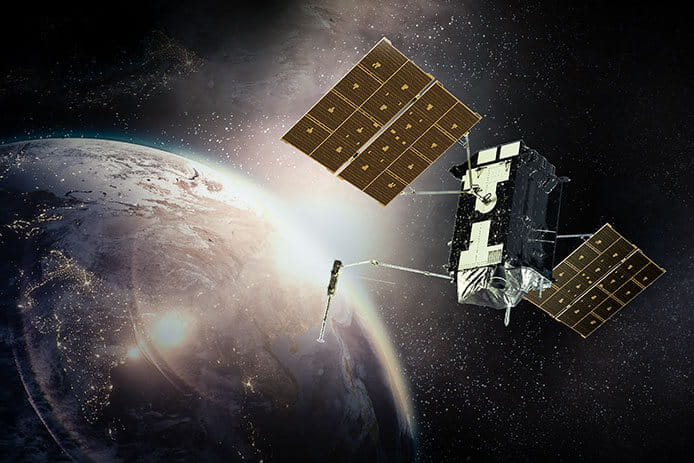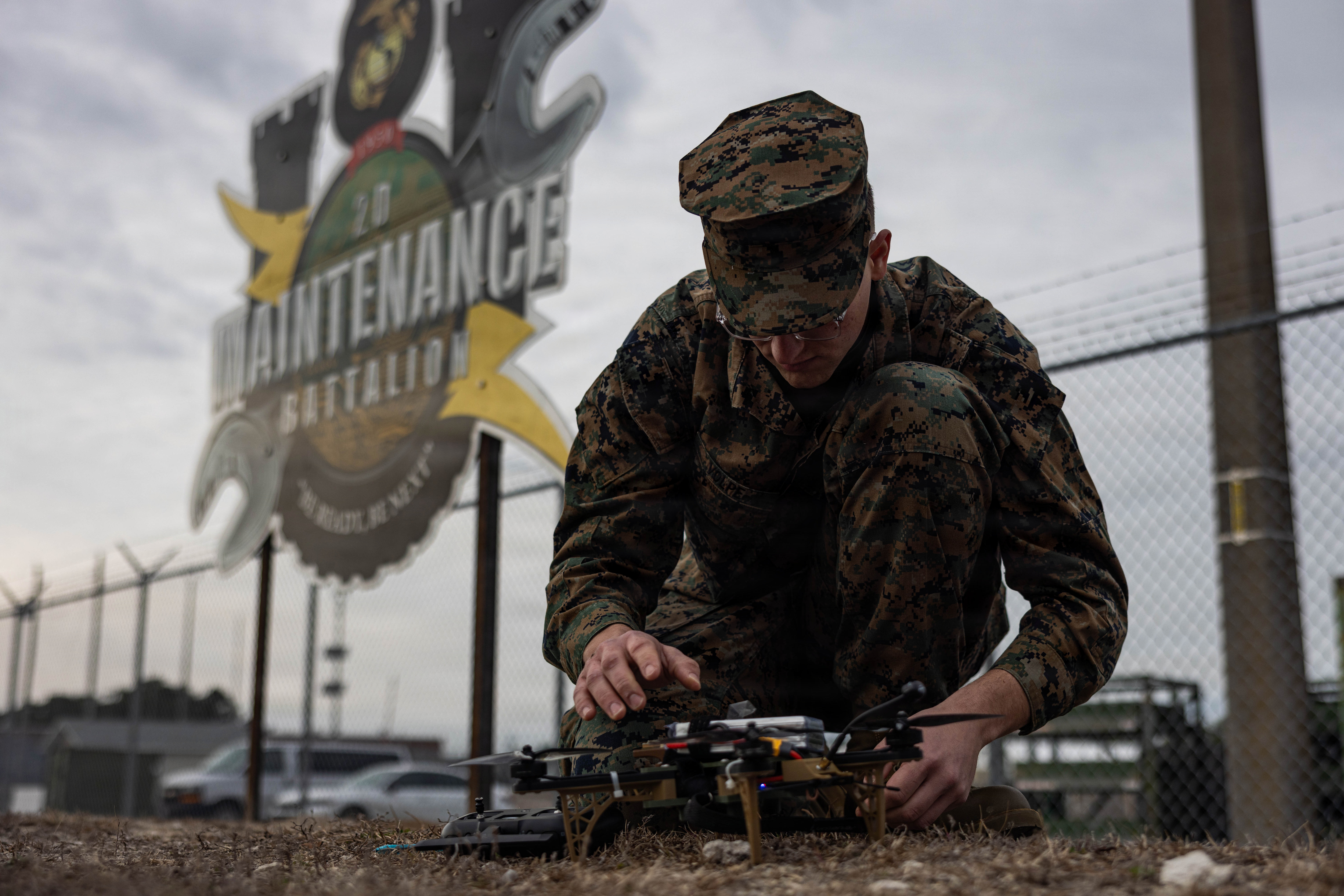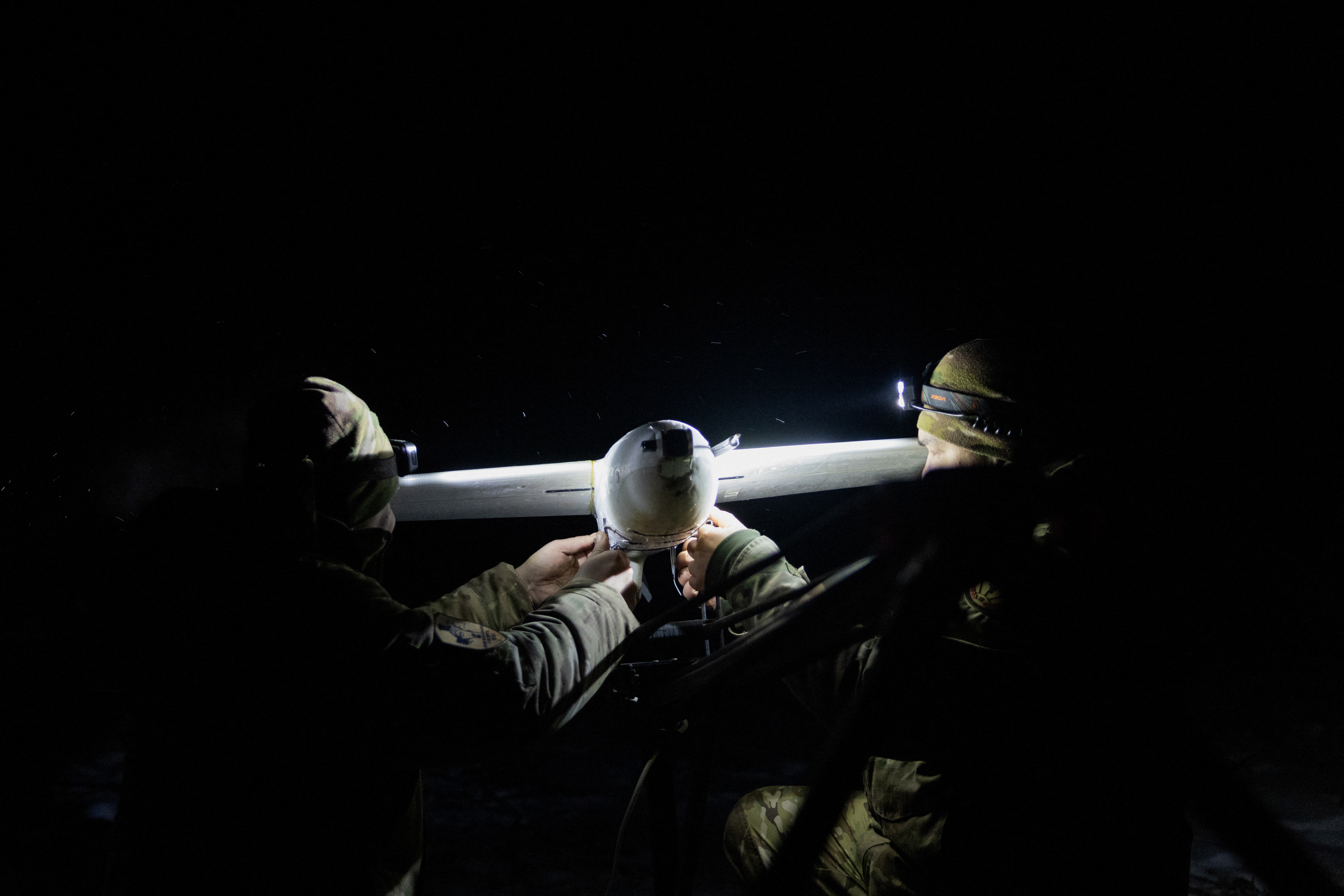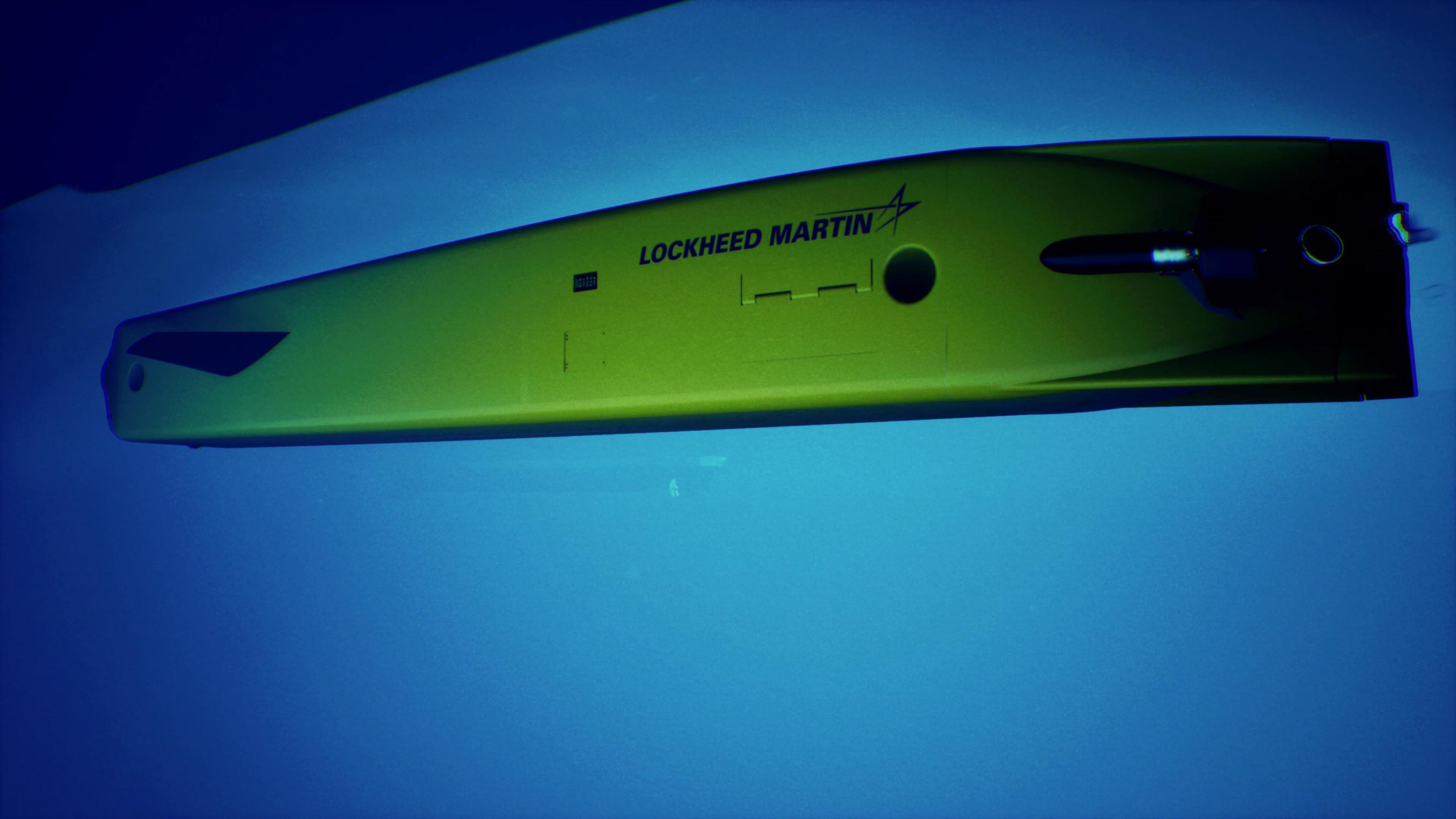
A decade and a half after contracting for a new ground control system to manage its GPS satellites, the Pentagon has finally gotten its hands on the thing.
The Space Force officially took ownership of the GPS Next Generation Operational Control System, or OCX, from contractor RTX on July 1.
Accepting OCX does not mean it is already being used operationally, however. Integrated systems testing and readiness exercises must follow first. But if all goes well, OCX will enter operations late this year, said Col. Stephen Hobbs, commander of Mission Delta 31.
Hobbs’ Delta, which operates the GPS constellation, worked with Space Systems Command on transition exercises, trials, and rehearsals prior to acceptance, he said in a release. The update is key to enabling enhancements like anti-jamming, improved accuracy, and secure geolocation using M-Code.
It has been a long and arduous road to develop OCX, which began with prototyping contracts back in 2007. In 2012, the Air Force estimated that OCX would enter operations by June 2017 with a program cost of $3.7 billion, per the Government Accountability Office. If current estimates hold, it will enter service in December with a program cost of $7.7 billion.
The Air Force selected Raytheon to build the system in 2012; by 2016, delays and extra costs had mounted so much that the Air Force had to declare a Nunn-McCurdy breach, indicating “critical” cost and schedule overruns. Even after the program was certified to continue, delays continued.
Raytheon, now called RTX, delivered a “Block 0” capability in 2017, which was limited to launch, checkout, and testing for use on the first GPS III satellites. It took eight years more to deliver Blocks 1 and 2, which enable command and control of the satellites.
Former space acquisition executive Frank Calvelli called OCX “troubled,” an “albatross,” and a “problem child.” The scale and complexity of the project wer what caused oll the delays. Trying to create an entirely new, very large software system all in one go is now viewed as an outdated approach, compared to modern software practices which favor breaking down development work into manageable “sprints” and making rapid, iterative updates.
Cordell DeLaPena, program executive officer for military communications and position, navigation, and timing, called OCX the “hardest” program he’s ever worked in his 25-year career.
The next phase for OCX is already underway: Block 3F will enable it to control new GPS III Follow-On satellites, expected to start launching in 2027. In its 2026 budget request, the Space Force asked for $70.9 million to work on Block 3F, as part of a ramp-up in “software development and factory testing.”
The post Space Force Accepts New GPS Control System After Years of Delays appeared first on Air & Space Forces Magazine.

Space, GPS, GPS modernization, Mission Delta 31, OCX, RTX, Space Systems Command
Air & Space Forces Magazine
[crypto-donation-box type=”tabular” show-coin=”all”]





